Why Women With ADHD Caffeine Makes Me Tired?
In this post you will read about Why Women With ADHD Caffeine Makes Me Tired?
If you’re a woman with Attention Deficit Hyperactivity Disorder (ADHD), chances are you have asked yourself “Why does my adhd with caffeine make me tiered?” or “I just had a cup of coffee, why am I sleepy?”
You drink coffee to fight those ADHD symptoms—hoping the caffeine would help you focus or get through your tasks.
But here’s the kicker: instead of waking you up, it left you more tired, sluggish, and maybe even a little foggy.
If this sounds familiar, you’re not alone.
For many women with ADHD, caffeine consumption leads to the opposite effect, leaving them feeling more exhausted than energized.
Let’s take a look at why and alternatives that may work best for you!
This post may contain affiliate links which means I may receive a commission for purchases made through links (at no extra cost for you). As an Amazon Associate I earn from qualifying purchases. Learn more on my Private Policy & Disclaimer page.
The ADHD Brain and Caffeine: What’s Going On?
To understand why caffeine can have this paradoxical effect, we need to dive into the neurophysiology of caffeine and how ADHD brains process stimulants.
According to research, caffeine works by blocking adenosine receptors in your brain, which are responsible for making you feel sleepy.
For most people, this has the desired effect of helping them feel more alert. But ADHD brains are wired differently.
ADHD is a neurodevelopmental condition that affects the brain’s dopamine system, which regulates motivation, focus, and energy.
People with ADHD often have lower dopamine levels, which can make it harder to focus or stay alert.
When you introduce caffeine into the equation, instead of boosting energy, it can overstimulate the brain, leading to feelings of fatigue, jitteriness, or even a crash.
As Dr. William Dodson, a psychiatrist specializing in ADHD, explains, “The ADHD brain tends to react unpredictably to central nervous system stimulants like caffeine. In some cases, it does what you’d expect, increasing alertness and focus. In others, it overstimulates, leading to mental fatigue and exhaustion.”
Why Some People With ADHD Get Tired After Caffeine
Caffeine consumption in ADHD brains often results in a different effect than it does in neurotypical people.
Here’s why:
Overstimulation:
For ADHD brains, too much caffeine can lead to overstimulation. Instead of waking you up, this overstimulation can cause a spike in your heart rate and stress levels, making you feel anxious or mentally drained.
Tip: See how your body responds to certain drinks, amounts, and at what time during the day. This way you will be able to find the “right dosage” for your body.
Dopamine Depletion:
Since caffeine acts as a stimulant, it can cause your brain to burn through dopamine faster than usual. While this might provide a quick burst of energy, it can leave you feeling even more depleted later on.
Tip: Have a snack. Don’t do coffee on an empty stomach because it’s the surest way to have an instant energy boost followed by an energy crash. Happens to me all the time, especially on days I’m on the go and forget to eat.
Sleep Problems:
People with ADHD often have sleep disturbances already, and caffeine can make this worse by delaying sleep onset or reducing the quality of hours of sleep you get. Lack of sleep then leads to further fatigue, creating a vicious cycle.
Example: I know I can’t have a stimulating drink or anything with too much sugar after mid afternoon because it will interfere with my ability to fall asleep. Instead I focus on my hydration, since I know I tend to forget to drink the recommended amounts of daily liquids and my body feels it.
Keep your emotional support tumbler near you at all times. If you see it, there is a better chance you will remember to drink! 🙂
Does it work all the time, no, but one day at a time. Give yourself grace.
How Much Caffeine is Too Much for ADHD Brains?
So, how do you find that sweet spot where caffeine is helpful and not harmful?
The amount of caffeine that affects people differently, and ADHD brains, seem to be more sensitive to caffeine’s effects.
According to the U.S. Food and Drug Administration (FDA), up to 400 milligrams of caffeine a day is considered safe for most American adults—that’s about four cups of coffee. (Read More)
But for people with ADHD, even little caffeine can lead to negative effects.
Women with ADHD often experience side effects of caffeine at much lower doses, such as anxiety, jitteriness, or chest pain.
If you find yourself reaching for higher doses of caffeine throughout the day, it might be a sign that it’s doing more harm than good.
The Paradox of Caffeine and Focus
For some ADHD women, caffeine can help boost focus and improve executive function (the brain’s ability to manage tasks).
In these cases, it works like a natural stimulant, similar to stimulant medications like Adderall or Ritalin, which are commonly prescribed for ADHD.
However, the paradoxical effect occurs when, instead of helping you focus, caffeine causes sleep deprivation, irritability, or worsens attention span issues.
In fact, studies have shown that ADHD brains process stimulants differently.
One study published in the journal Frontiers in Human Neuroscience found that caffeine can either enhance cognitive performance or hinder it, depending on how much caffeine is consumed and individual brain chemistry differences. Too much caffeine, however, can have adverse effects, particularly on attention and mood. Read More
Personally I’ve notice that the amount of SUGAR that I was using for my coffee was the reason why I would immediately wake up. How much sugar do you use?
Alternatives to Coffee for ADHD-Related Fatigue
If you’ve experienced the negative effects of caffeine firsthand, it might be time to explore other options to boost your energy without the crash.
Many women with ADHD find that turning to other caffeinated beverages or lower-caffeine options can help:
1. Green Tea
Green tea contains a moderate dose of caffeine and an amino acid called L-theanine, which promotes a calming effect while still improving focus.
The combination of caffeine and L-theanine has been shown to improve cognitive function without the jittery side effects that high doses of caffeine can cause.
2. Yerba Mate
– Energy Boost Without Jitters
Yerba Mate contains moderate amounts of caffeine, which provides a natural stimulant effect, helping improve energy levels and focus.
Unlike coffee, mate often delivers a smoother energy boost with fewer jitters or crashes. The steady release of energy, which can help avoid the crash often associated with energy drinks or caffeine pills.
This can be particularly helpful for women managing busy schedules or dealing with fatigue due to lack of sleep or hormonal changes.
– Rich in Antioxidants
Yerba Mate is packed with polyphenols, a type of antioxidant that helps protect cells from damage caused by free radicals.
According to research, “Yerba Mate, as a powerful antioxidant, lowers cholesterol, prevents peroxidation and lowers lipids in the blood and tissues, so it can be used to reduce obesity, hypertension, and diabetes. It also has anti-inflammatory and antibacterial activity, and even prevents certain types of cancer.” (Read More)
– Supports Weight Management
For women looking to maintain or lose weight, yerba mate can be a helpful addition to their diet.
Some studies suggest that yerba mate may increase fat oxidation and improve metabolic rate, helping to burn more calories. It also promotes a feeling of fullness, which can help reduce overeating.
– Improves Digestion
Yerba Mate has natural digestive properties that can stimulate bile production and aid digestion. It’s often used to relieve symptoms of indigestion, constipation, and bloating, making it beneficial for women with digestive issues or who are prone to bloating around their menstrual cycle.
– Boosts Mental Focus and Cognitive Function
Yerba Mate contains theobromine and caffeine, which can enhance cognitive performance and alertness.
The moderate caffeine content, paired with other compounds like theobromine, helps improve mental clarity and attention span, which can be useful for women managing work, home, and other responsibilities.
– Balances Mood and Reduces Stress
The combination of caffeine and other compounds in yerba mate can stimulate dopamine and serotonin production, neurotransmitters that play a key role in mood regulation.
Drinking mate may help reduce stress, anxiety, and depression, especially in women experiencing hormonal fluctuations that can affect mood.
– Supports Cardiovascular Health
Yerba Mate has been shown to improve heart health by reducing levels of LDL cholesterol (the “bad” cholesterol) and increasing HDL cholesterol (the “good” cholesterol).
The anti-inflammatory properties of the antioxidants in yerba mate may also help protect against cardiovascular disease, which is particularly important for women as they age.
– Boosts Immune System
Mate is rich in vitamins, particularly vitamin C, as well as zinc and saponins, which have immune-boosting properties. This can be especially beneficial for women prone to frequent colds or infections, helping them maintain a healthy immune system.
– May Help with Bone Health
Some studies suggest that regular consumption of yerba mate may improve bone density. This is especially important for postmenopausal women, who are at higher risk for osteoporosis due to a decrease in estrogen levels.
– Regulates Blood Sugar
Yerba mate may help regulate blood sugar levels, making it beneficial for women with insulin sensitivity or those managing type 2 diabetes. By improving glucose metabolism, it helps keep blood sugar levels stable, which can prevent energy crashes and mood swings.
3. Moringa Tea
Moringa is a natural stimulant with a host of health benefits, including improving energy and mood.
While it doesn’t contain caffeine, it can provide a gentle energy boost for women with ADHD who are sensitive to the effects of adenosine blockers like caffeine.
I personally drink FullChea – Moringa Tea – Pure & Natural Moringa Leaves.
Moringa In Capsules
Moringa is available in capsules or tablets, which offer the same nutritional benefits without the earthy taste of the tea.
These pills are easy to incorporate into your daily routine, and you’ll still get the rich vitamins, minerals, and antioxidants that moringa provides.
Just make sure to follow the recommended dosage on the packaging, and consult with your healthcare provider if you’re taking any medications to avoid potential interactions.
Managing Caffeine and ADHD: Finding Your Balance
If you rely on caffeine to get through your day but find it’s making you more tired, you’re not alone.
The key is finding the right balance of caffeine consumption and lifestyle changes that support your ADHD brain.
Here are some strategies for managing caffeine in your daily routine:
1. Track Your Caffeine Intake:
Keep a journal of at what time and how much caffeine you’re consuming daily, from cups of coffee to energy drinks. Pay attention to how it affects your focus, mood, and energy levels.
2. Try Lower Doses:
Experiment with low doses of caffeine to see if you get the positive effects without the crash. You might find that even a small amount helps with focus, without leading to withdrawal symptoms or mental fatigue.
3. Cut Back Gradually:
If you’re experiencing negative effects from caffeine, reduce your intake slowly to avoid withdrawal. Cutting back too quickly can cause withdrawal symptoms like headaches, irritability, and even chest pain.
4. Incorporate Other Stimulants:
If you need help focusing, consider talking to your healthcare provider about prescription stimulant medications or try other beverages like yerba mate, moring tea or green tea.
The Role of Good Sleep Hygiene
Since caffeine can disrupt your sleep patterns, it’s important to focus on good sleep hygiene to help manage your energy levels.
ADHD often leads to increased stress, anxiety, and difficulty with time management, making it essential to prioritize mental health through self-care and support systems.
One critical factor is amount of sleep.
Women with ADHD frequently struggle with sleep disturbances, which can worsen symptoms like irritability, attention issues, and executive function problems.
Getting a sufficient amount of restful sleep—ideally 7-9 hours a night—helps regulate mood, improve focus, and reduce feelings of fatigue.
For women with ADHD, getting consistent, quality sleep is essential to managing symptoms and avoiding mental burnout.
Here Are Some Tips For Better Sleep:
1. Stick to a Routine:
Try to go to bed and wake up at the same time every day, even on weekends. Consistency can help regulate your sleep cycle and improve energy levels.
2. Limit Caffeine Intake in the Afternoon:
If you’re sensitive to caffeine, avoid it in the late afternoon or evening to prevent sleep disturbances.
3. Create a Relaxing Bedtime Routine:
Activities like reading, taking a warm bath, or practicing mindfulness before bed can signal your brain that it’s time to wind down.
4. Make Space For Your Acommodations
Do you need the room to be pitch black? Have you tried blackout curtains or an eye mask?
Do you need to block out sound? Have you tried a sound machine?
Do you move around all the time? Have you tried a weighted blanket?
Paying attention to your body is the first step to finding which accommodations are right for you.
Sleep quality is crucial for your health.
Establishing good sleep hygiene and creating consistent bedtime routines can significantly improve mental clarity and emotional balance for women with ADHD.
The Bigger Picture: How Caffeine Fits into ADHD Treatment
It’s important to remember that caffeine, while it can be a helpful tool for some, is not a substitute for comprehensive ADHD treatment.
Managing ADHD typically requires a multi-faceted approach, which may include prescription medications, behavioral therapy, and lifestyle changes like setting up systems, regular exercise, and a healthy diet.
There is no “on size fits all”, we are all different and looking at which our our particular needs is the first place to start.
To Summarize
Caffeine is tricky for women with ADHD.
While it can sometimes improve focus and energy, it can also have the opposite effect, making you more tired and irritable.
Understanding your unique ADHD experience and how your brain responds to caffeine can help you find the right balance between the benefits of caffeine and its potential downsides.
Whether you stick with your morning cup of coffee or explore alternatives like green tea or moringa, the key is tuning in to your body’s needs and finding what works best for you.
I like to alternate, some days I’m in the mood for coffee, and others I enjoy Mate or some green tea. It’s all about what you want and what works best for you!
After all, ADHD management is all about personalized strategies and self-awareness.

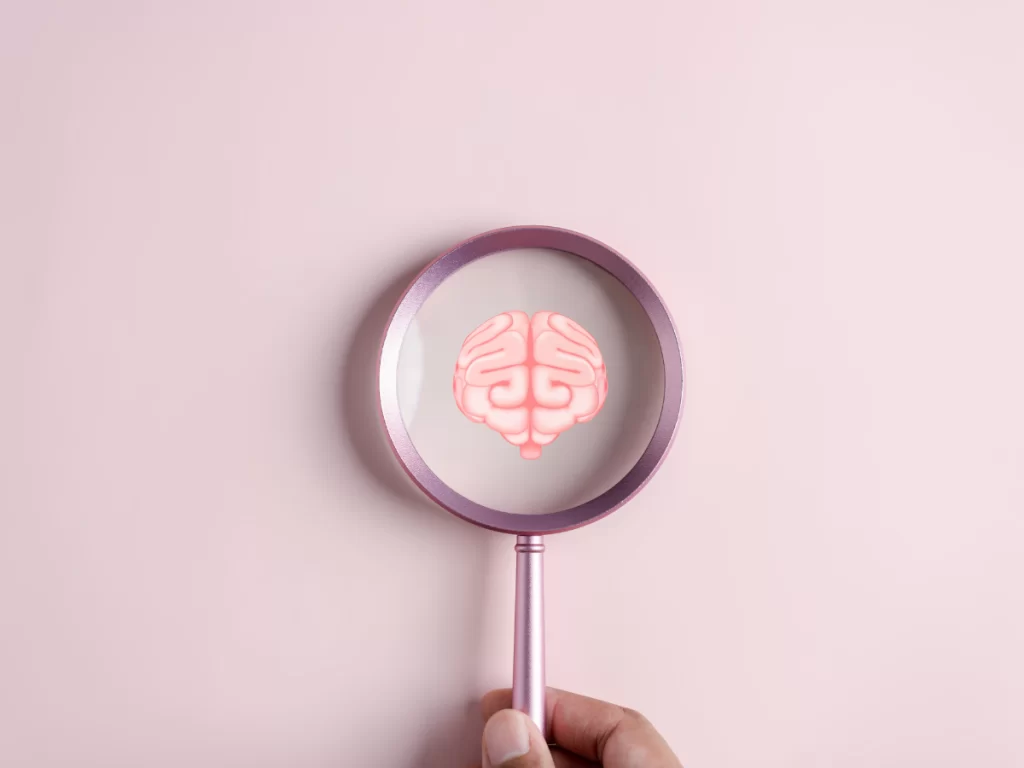
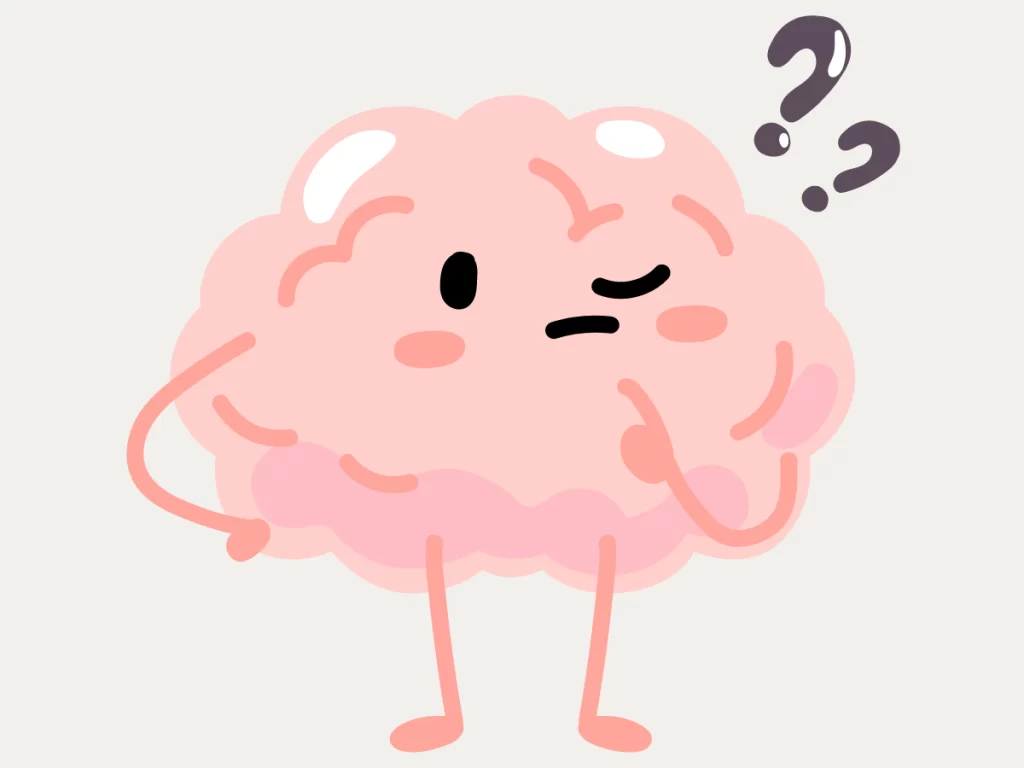


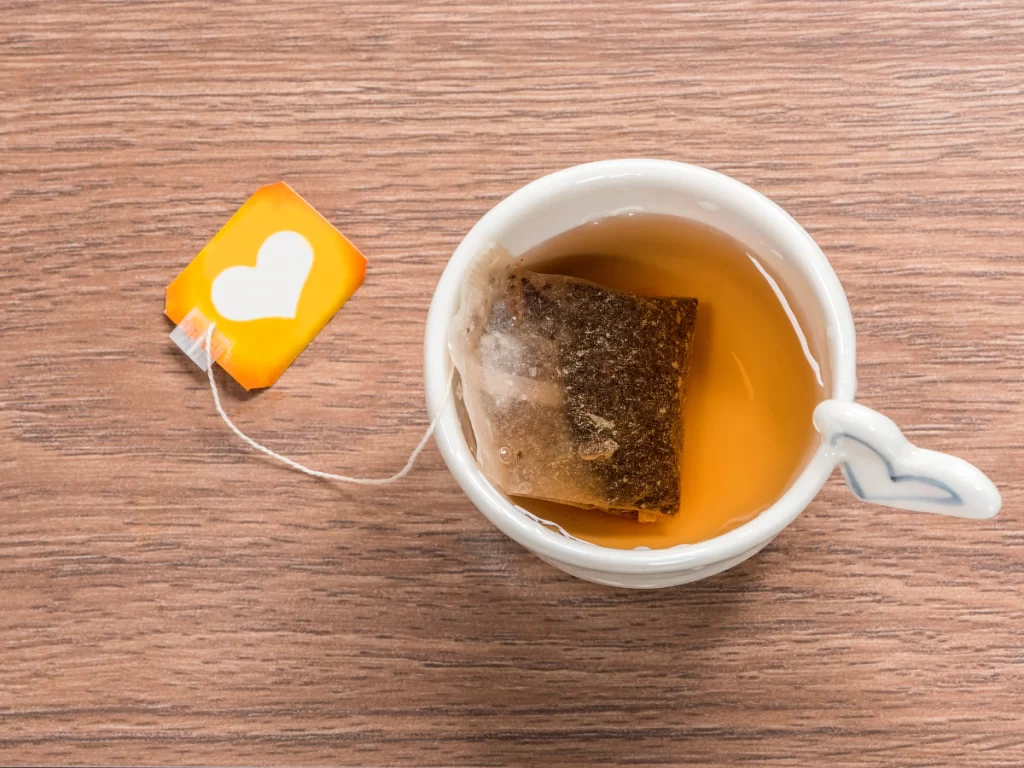
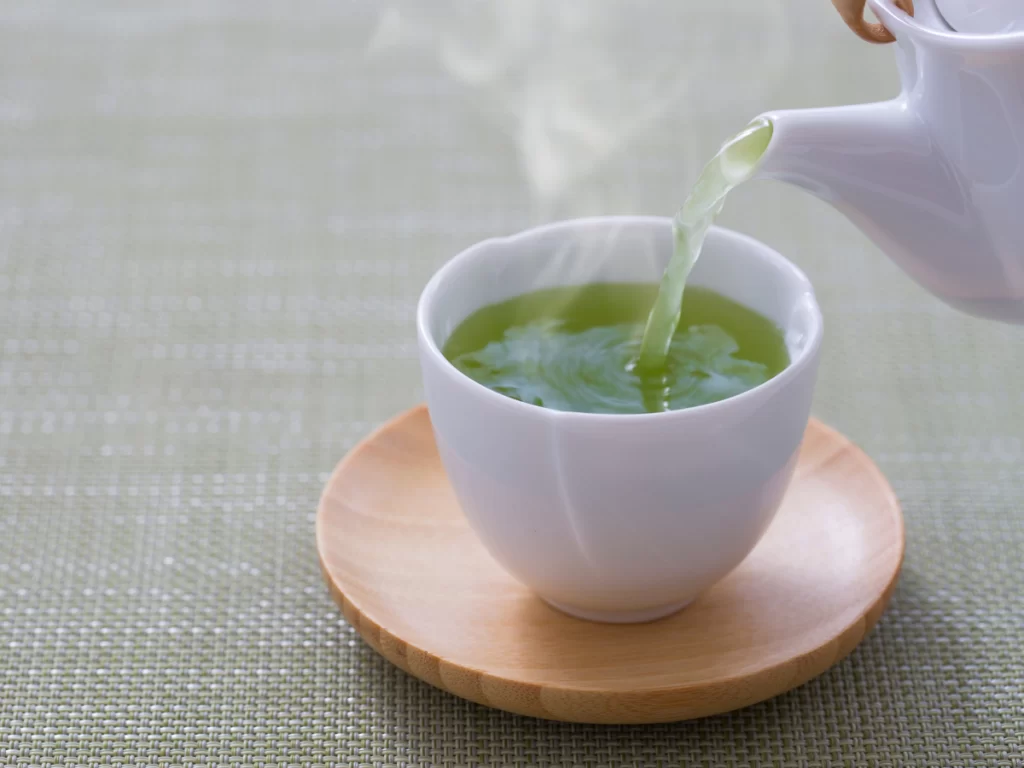
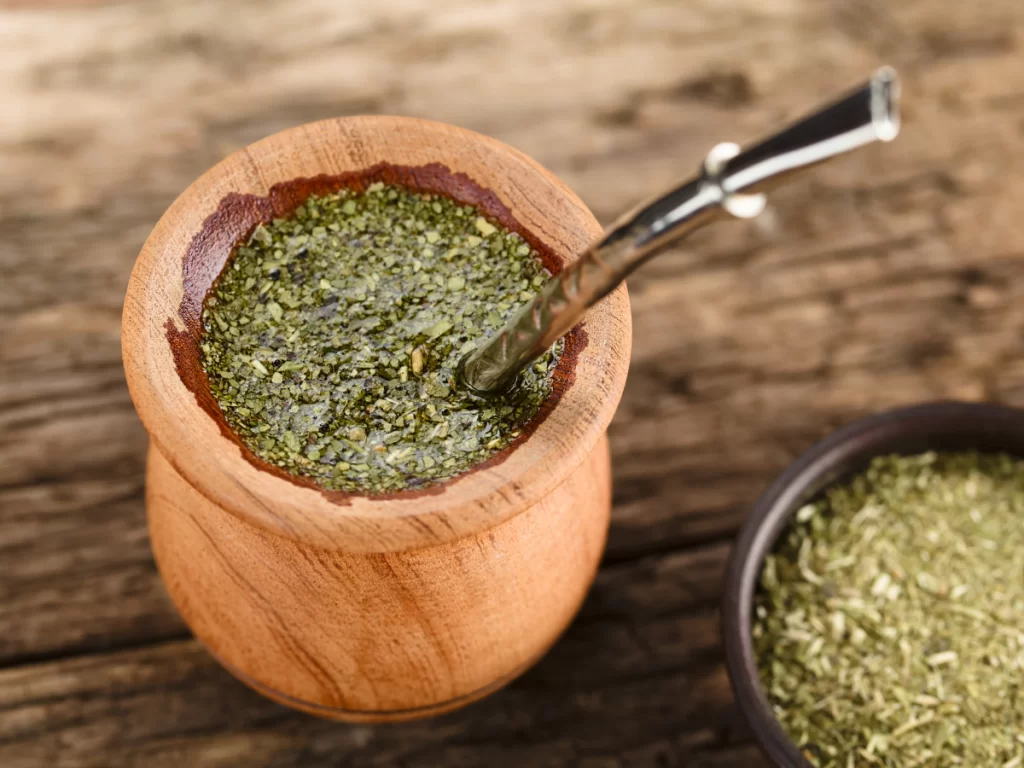
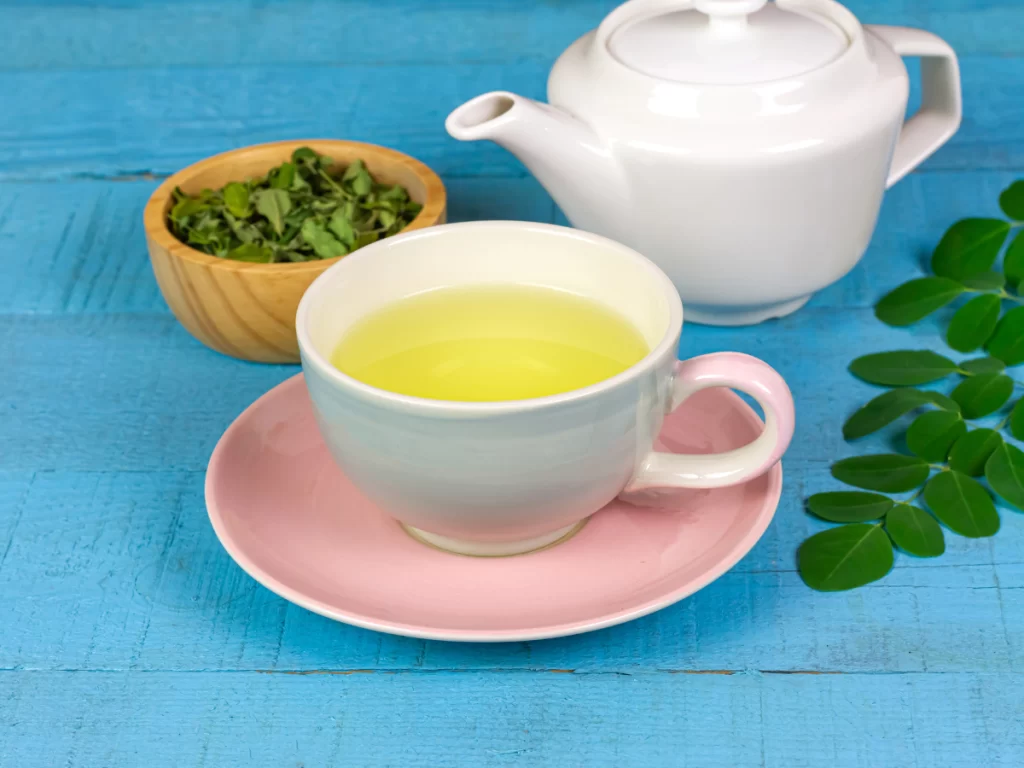

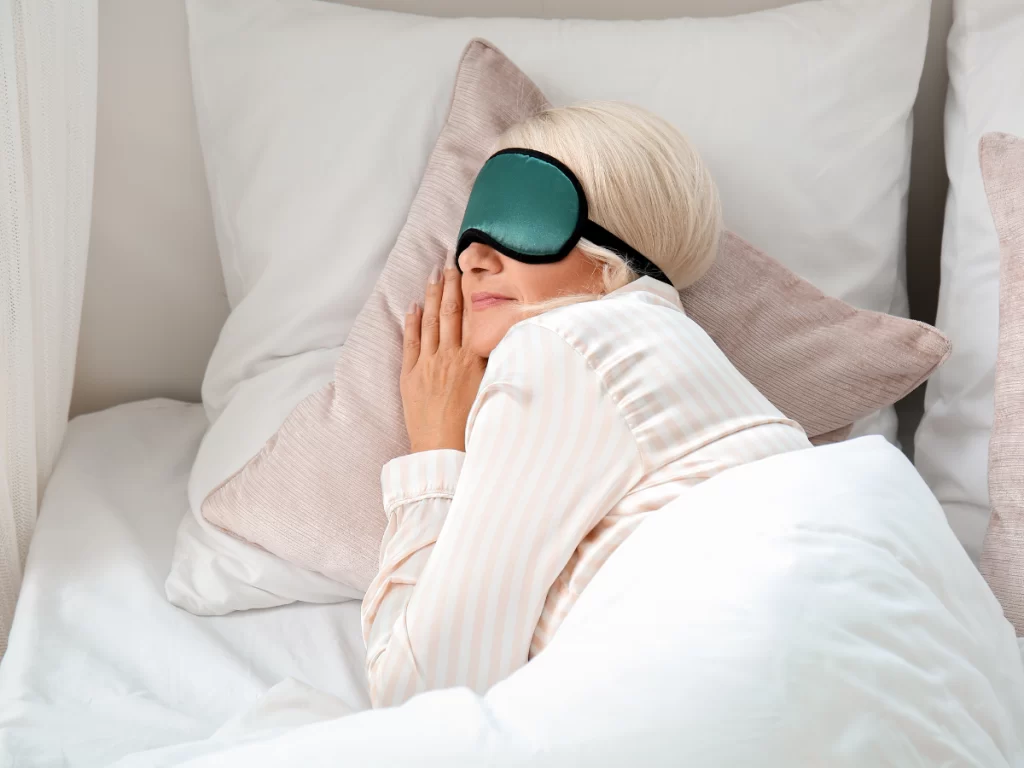
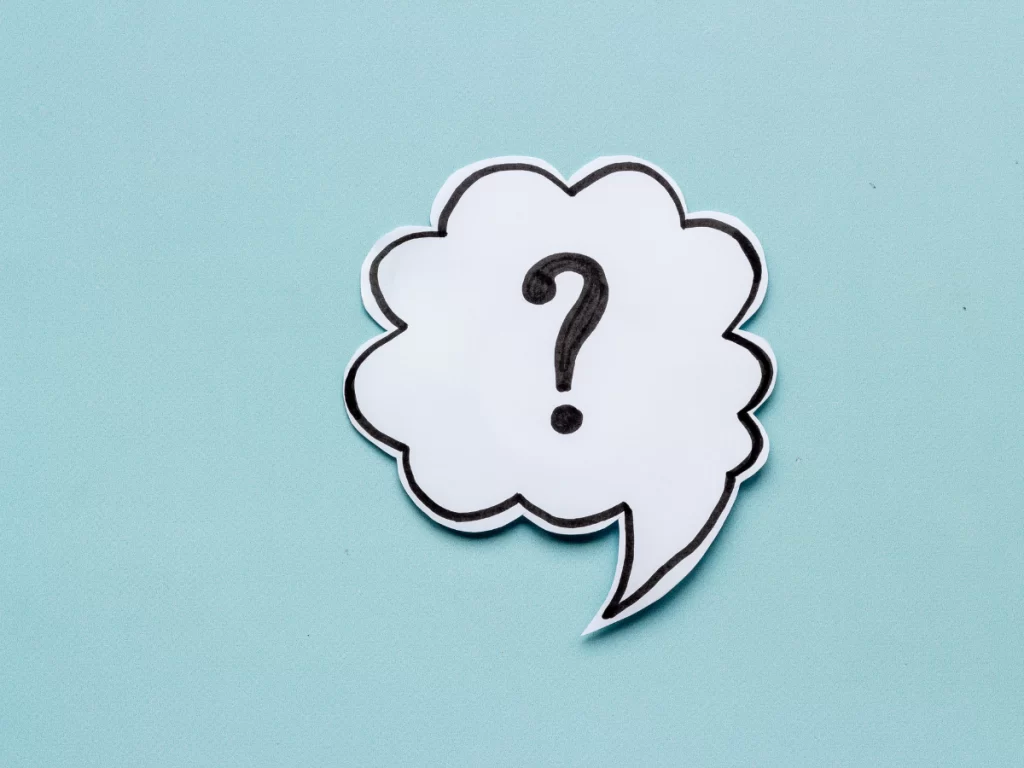

Leave a Reply